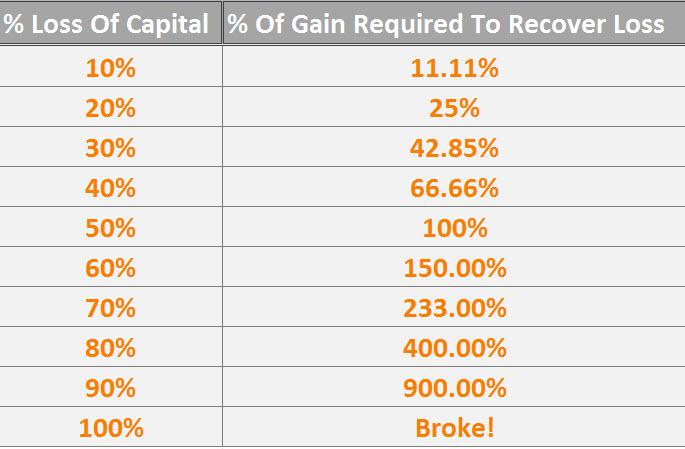1. Under-recognition of the power of what psychologists call ‘reinforcement’ and economists call ‘incentives.’
2. Simple psychological denial.
3. Incentive-cause bias, both in one’s own mind and that of ones trusted advisor, where it creates what economists call ‘agency costs.’
4. This is a superpower in error-causing psychological tendency: bias from consistency and commitment tendency, including the tendency to avoid or promptly resolve cognitive dissonance. Includes the self-confirmation tendency of all conclusions, particularly expressed conclusions, and with a special persistence for conclusions that are hard-won.
5. Bias from Pavlovian association, misconstruing past correlation as a reliable basis for decision-making.
6. Bias from reciprocation tendency, including the tendency of one on a roll to act as other persons expect.
7. Now this is a lollapalooza, and Henry Kaufman wisely talked about this: bias from over-influence by social proof — that is, the conclusions of others, particularly under conditions of natural uncertainty and stress. (more…)







